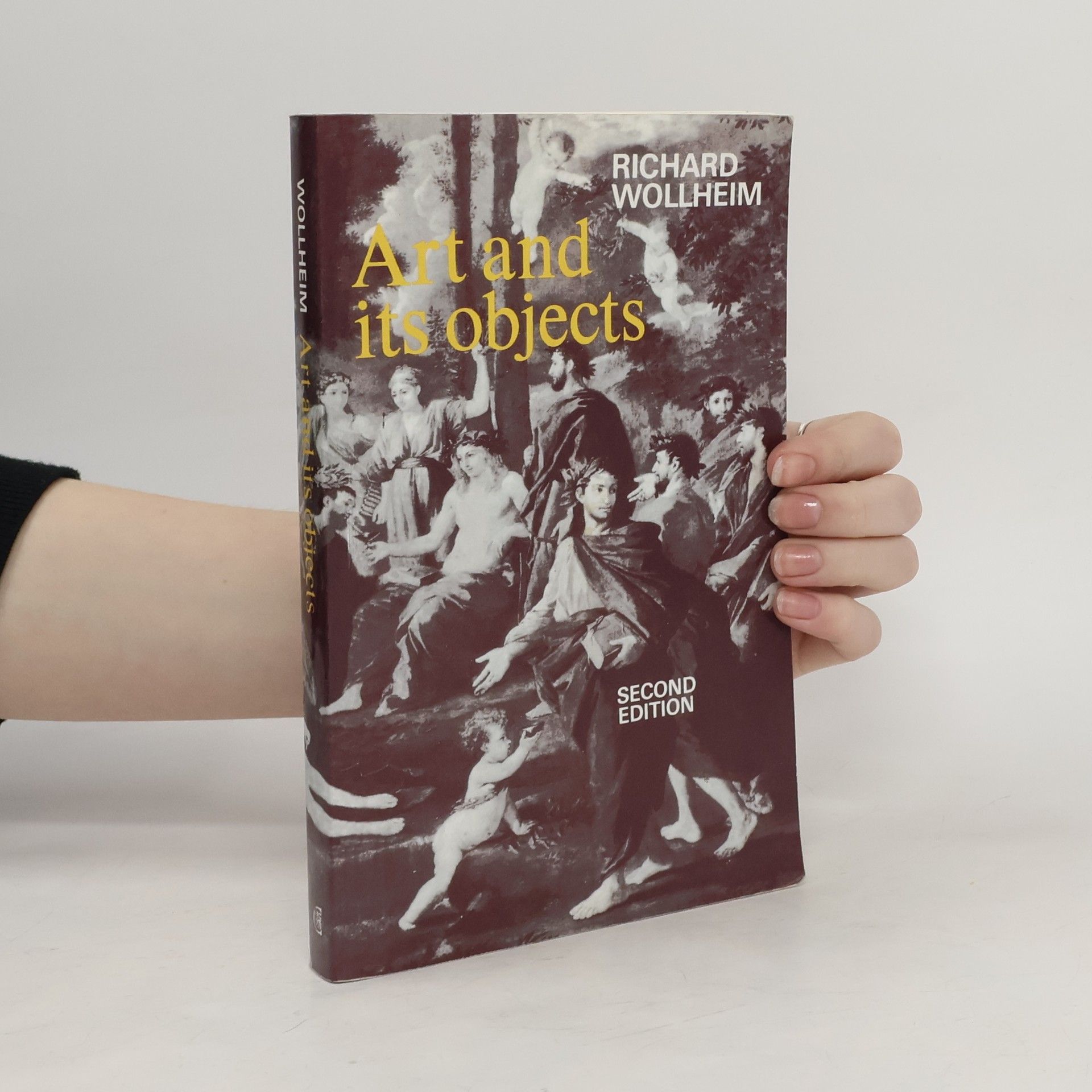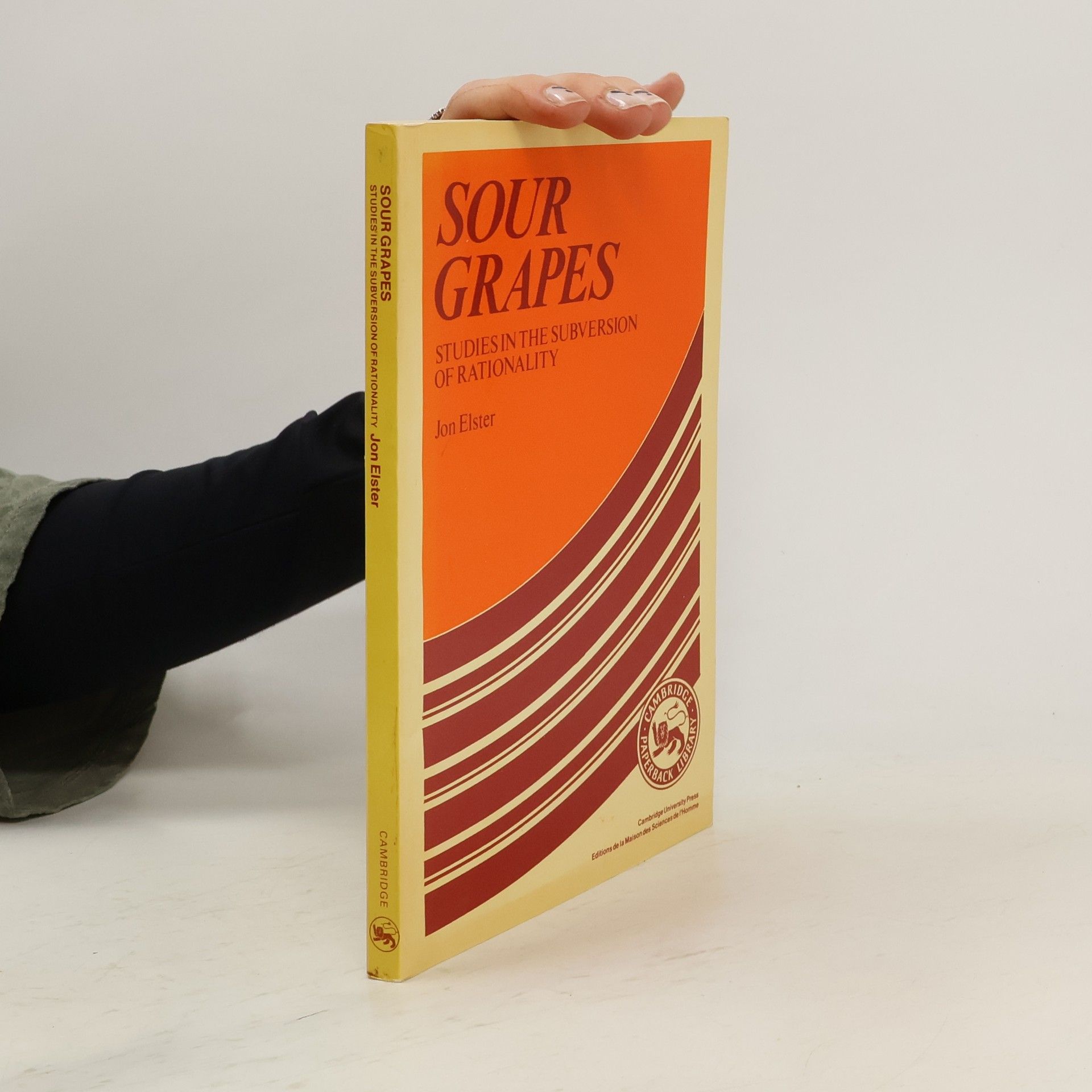Beweise und Widerlegungen
- 161 Seiten
- 6 Lesestunden
Inhaltsverzeichnis: 1. Ein Problem und eine Vermutung. 2. Ein Beweis. 3. Kritik des Beweises durch lokale, jedoch nicht globale Gegenbeispiele. 4. Kritik der Vermutung durch globale Gegenbeispiele. 5. Analyse des Beweises mit globalen, aber nicht lokalen Gegenbeispielen. Das Problem der Strenge. 6. Rückkehr zur Kritik des Beweises durch lokale Gegenbeispiele. Das Problem des Gehaltes. 7. Neudurchdenken des Problems vom Gehalt. 8. Begriffsbildung. 9. Wie Kritik mathematische Wahrheit in logische Wahrheit verwandeln kann. 2. Der Herausgeber. 1. Übersetzung der Vermutung in die ‚wohlbekannte‘ Sprache der Linearen Algebra. Das Problem der Übersetzung. 2. Ein anderer Beweis der Vermutung. 3. Zweifel an der Endgültigkeit des Beweises. Das Übersetzungsverfahren und die Debatte zwischen essentialistischem und nominalistischem Zugang zu Definitionen. Anhang 1. Eine weitere Fallstudie zu „Beweise und Widerlegungen“. 1. Cauchys Verteidigung des ‚Kontinuitätsprinzips‘. 2. Seidels Beweis und der Begriff der gleichmäßigen Stetigkeit. 3. Abels Methode der Ausnahmensperre. 4. Hindernisse zur Entdeckung der Methode der Beweisanalyse. Anhang 2. Deduktivistischer oder heuristischer Zugang? 1. Der deduktivistische Zugang. 2. Der heuristische Zugang und beweiserzeugte Begriffe: 2.1 Gleichmäßige Konvergenz. 2.2 Beschränkte Schwankung. 2.3 Die Carathéodory-Definition einer messbaren Menge. Bibliographie, Namensverzeichnis, Sachwortverzeichnis.


